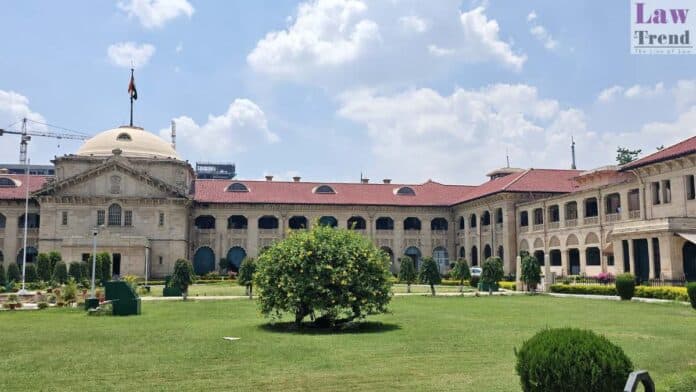In a recent ruling, the Allahabad High Court reaffirmed that properties sold in public auctions are not exempt from being reassessed for full stamp duty obligations. The decision came in the case of M/S Young Style Overseas vs. State of Uttar Pradesh and Others (Writ C No. 26449 of 2022), where the court upheld a
To Read More Please Subscribe to VIP Membership for Unlimited Access to All the Articles, Download Available Copies of Judgments/Order, Acess to Central/State Bare Acts, Advertisement Free Content, Access to More than 4000 Legal Drafts( Readymade Editable Formats of Suits, Petitions, Writs, Legal Notices, Divorce Petitions, 138 Notices, Bail Applications etc.) in Hindi and English.




